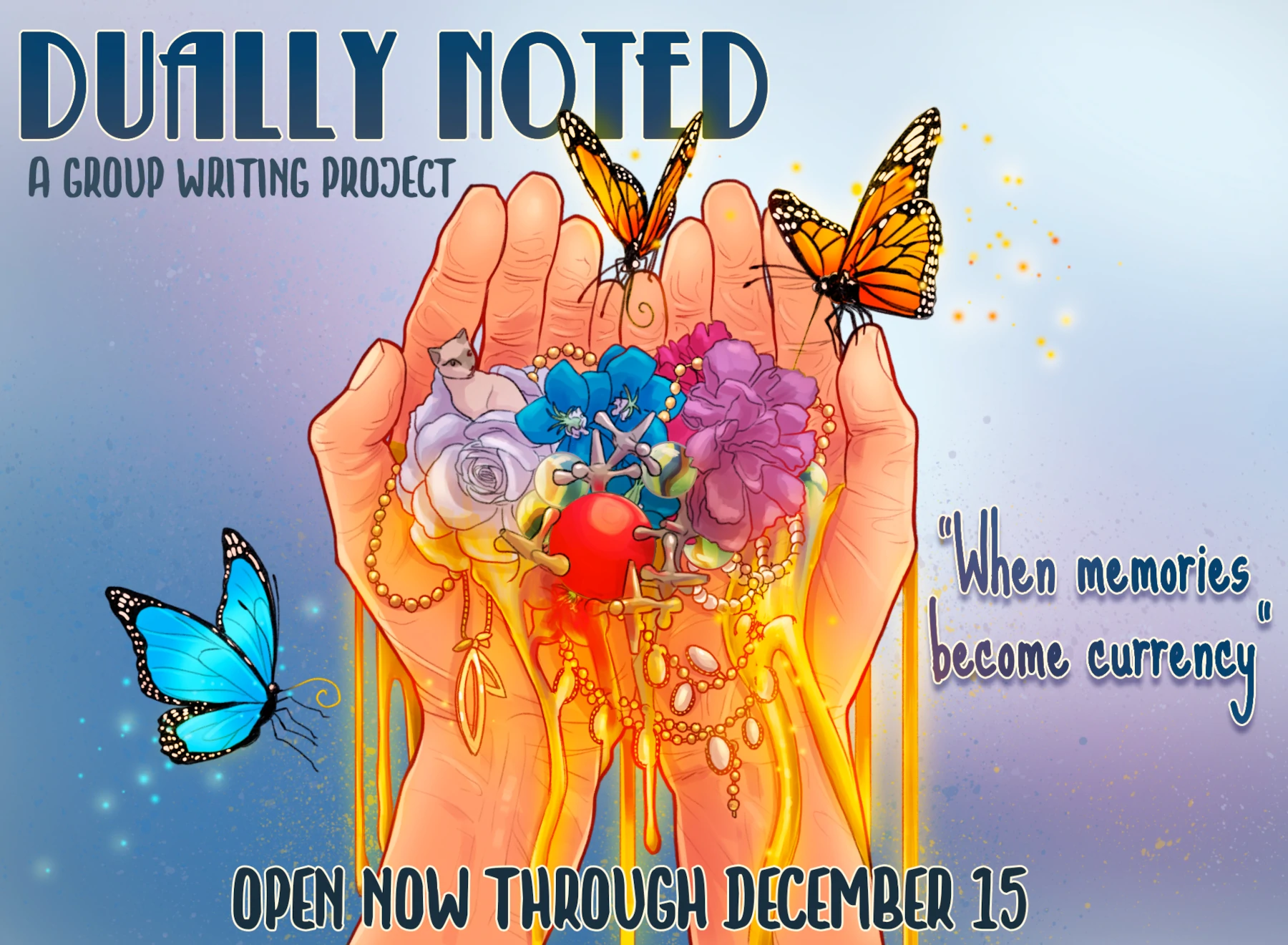
Both Sides of the Coin
I hold my son’s plush hands and count his pink fingers to make sure there are ten. I wouldn’t forgive myself if there were any missing, though I would forget how it happened. I have three severed fingertips—I can’t remember how it felt to lose them, but each finger fed my son for three months.
My phone vibrates like a heartbeat in my pocket, and I know it’s a request.
How much for a thumb?
I reply, $8,000.
The buyer accepts. I place my son in his playpen and kiss his soft head. He squirms like a little worm that thinks it’s about to be eaten.
When memories became a new type of NFT, everyone was quick to unload their baggage in exchange for vacations to faraway places and sex with people they never thought they’d meet. Happiness became the equivalent of fast food—cheap and of no nutritional value. These days, painful memories are scarce, and the market is teeming with people begging to feel something.
The memory must be at least ten seconds long. I take the knife I once used for cutting apples and place my thumb on the cutting board, like a nub of ginger waiting to be peeled. I know where to cut, I know how far to go. I cut through the red, counting the moments through gritted teeth. I can’t look away until it is done. I press the back of my ear to sync the memory and send it from my phone. The buyer instantly pays, and I am left with blind pain. My body moves automatically, a puppet pulled by the strings of the nurse I was before. I treat the wound with my son crying behind me, as if he feels it too. Then the world grows still, dark, and numb.
The memory from this woman pounds into my skull like a drill. I feel the sawing of her thumb, the anguish of hot flesh against cold steel. A scream rips through my throat and the skin on my forehead floods with salty sweat. It’s delicious. A rush of laughter erupts from the deepest part of my gut. I spiral in this feeling of pain that is not mine, of pain I paid for like a prime rib served on a broken platter.
It is over too soon. The memory clings to me sticky sweet, but the feeling is gone. I pull my phone out and view my collection with pride. There is the thumb, there is the fetus in a closet, there is the eye of a soldier, there is the burned flesh of a child in a war zone. It’s all there and so much more. I am rich with pain that I bought and now own.
My phone rings.
Sir, it’s time for your press conference.
I straighten my red and blue tie, adjust the pin over my heart, check my teeth, and smile.